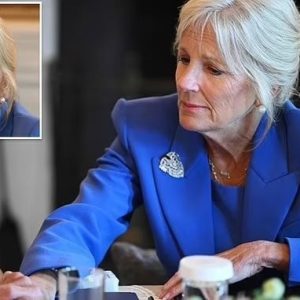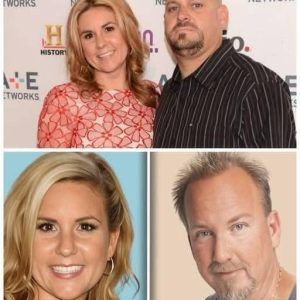Unilever, the master brand for Dove soap, wants more people to buy their products.
Now, the UK-based company has announced that they will be changing their Dove packaging claims to remove the word “normal” as it could be misconstrued as excluding some people.
This change, which is the latest in the “woke” campaign to make marketing language more inclusive for all customers, was met with pushback from social media users who were outraged that Unilever found the word “normal” to be offensive.
Unilever is a large brand that includes smaller brands like Dove, Lifebuoy, Vaseline, and Sunsilk in its portfolio.
The company’s decision to ditch the word “normal” for Dove products came after they received the results of a 10,000 person study.
The study found that the majority of respondents – fifty-six percent – felt excluded by the beauty and personal care industry.
Younger customers – ages eighteen to thirty-five – were turned off by the word at a rate of 80 percent. In response, Unilever ordered Dove to remove the word “normal” from their packaging.
For years, Unilever has used the word “normal” to describe hair texture and skin type. However, the word only applies to customers who are white.
By March of next year, the company hopes to replace the word “normal” with more descriptive terms like “grey hair” for their lines of shampoos and “moisture replenish” for their skin creams.
While many social media users have praised the company’s effort to include more people, critics abound and are not shy about voicing their opinions on the change.
“Now @Unilever has gone woke. You won’t be able to buy shampoo for ‘normal’ hair anymore. Apparently, it’s offensive. Wouldn’t it be great if these companies reflected the views of normal people who haven’t been conned by this PC wokeness? Time to avoid @Dove @Sunsilk,” wrote one critic.
Another person thought that the change was positive.
“The fact that everyone is so triggered by this is pathetic. This is very necessary. Unlike different shade band-aids, classifying hair and skin types is very much needed.
Black and white people can’t use the same hair or skin products.”
Another person thought the Unilever change made sense.
“Unilever dropping the word ‘normal’ in reference to hair/ skin types because people feel excluded from it. Well, yes, I’ve got super dry skin and hair, and this is outside the norm for healthy skin/ hair, but feeling excluded? Nah. Can’t wait to hear the new word, though.”
Unilever’s new Positive Beauty strategy will be more inclusive of all people. Sunny Jain, President Beauty & Personal Care, said:
“With one billion people using our beauty and personal care products every day, and even more seeing our advertising, our brands have the power to make a real difference to people’s lives.
As part of this, we are committed to tackling harmful norms and stereotypes and shaping a broader, far more inclusive definition of beauty.
“We know that removing ‘normal’ from our products and packaging will not fix the problem alone, but it is an important step forward.
It’s just one of a number of actions we are taking as part of our Positive Beauty vision, which aims not only to do less harm but more good for both people and the planet.
“With more consumers than ever rewarding brands which take action on the social and environmental issues they care about, we believe that Positive Beauty will make us a stronger and more successful business.”
Do you agree with the change?
Continue Reading




